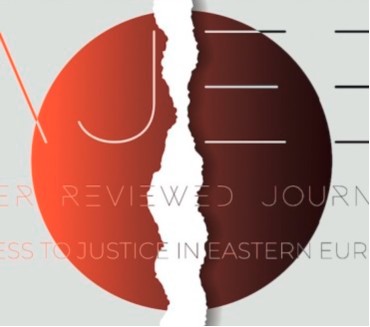Summary: 1. Introduction. – 1.1. Methodology. – 2. The Essence of the Best Interests Principle. – 2.1. The Concept of the Best Interests Principle. – 2.2. Scope of the Best Interests of the Juvenile Principle. – 2.2.1. Personal Scope of the Principle. – 2.2.2. Subjective Scope of the Principle. – 3. Aspects of Upholding the Best Interests of the Juvenile in Jordanian Law. – 3.1. Juveniles’ Guarantees During the Three Phases of Criminal Proceedings. – 3.1.1. Guarantees During Police Preliminary Inquiries. – 3.1.2. Guarantees During Public Prosecution Investigations. – 3.1.3. Legal Guarantees During the Trial Stage. – 3.2. Guarantees After Concluding the Criminal Case. – 3.2.1. Placement in Specialized Care Facilities. – 3.2.2. Alternative Penalties and Community Service. – 4. Conclusion.
Background: The principle of the "best interest of juveniles" is a cornerstone of Jordanian law, reflecting the country's commitment to safeguarding the rights and welfare of children. Anchored in the Juvenile Law No. 32 of 2014 and international obligations under the United Nations Convention on the Rights of the Child (UNCRC), this principle ensures that the rights, development, and protection of juveniles are prioritised in judicial, social, and administrative decisions. Jordanian law emphasises rehabilitation over punishment, focusing on the social reintegration of juvenile offenders while considering their psychological and developmental needs.
Methods: This paper examines how the best interest of juveniles is operationalised in Jordanian law, analysing its strengths, challenges, and alignment with international standards. It highlights the importance of a multidisciplinary approach involving legal, social, and psychological perspectives to ensure that juveniles' rights are upheld in all phases of criminal proceedings. Given the nature of the study, multiple research approaches were employed, including an analytical approach to examine all legislative Articles related to the subject, aiming to identify their content, implications, and objectives. Additionally, a comparative approach was used to analyse relevant domestic laws and international conventions concerning juvenile offenders, providing critical analysis and commentary.
Results and Conclusions: The paper's findings indicate that the principle of the child's best interest functions as a fundamental right, a key interpretative legal standard, and a procedural framework. Yet, its application varies across the stages of criminal proceedings under Jordanian law, with the trial stage exhibiting the strongest adherence to this principle compared to earlier stages of the criminal process. It is recommended that the Jordanian Juvenile Law be revised to include explicit provisions ensuring legal representation for juveniles at all stages of criminal proceedings, covering all types of offences, rather than limiting it to felonies during the trial phase. The law should also restrict the authority of public prosecutors to extend juvenile detention, expand the jurisdiction of juvenile conciliation courts to include all misdemeanours not only those punishable by up to two years of imprisonment—and exempt juveniles from the application of flagrante delicto rules.

